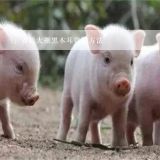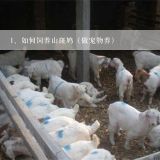中国肉业对中国文化的影响是什么?

China's meat industry has had a profound impact on Chinese culture, shaping its traditions, values, and social norms. Here are some key aspects of this influence:
1. Traditional Cuisine:
- Chinese cuisine heavily relies on meat, with dishes like dumplings, noodles, and stews being staples in many households.
- The meat culture has been deeply ingrained in Chinese culture, with meat being seen as a symbol of hospitality, respect, and social gatherings.
2. Ritual and Religious Significance:
- Meat consumption is central to traditional Chinese rituals and religious practices.
- Animals are often sacrificed during festivals and ceremonies, and meat is used in rituals and ceremonies to honor ancestors and deities.
3. Social Norms and Values:
- Meat consumption is considered a sign of respect and status in Chinese society.
- It is important to be mindful of the source and preparation of meat, with locals adhering to strict hygiene and safety standards.
4. Cultural Exchange:
- China's meat industry has played a significant role in cultural exchange between China and other countries.
- Chinese cuisine and traditions have been introduced and adapted in various cultures, including Europe and North America.
5. Economic and Social Impact:
- The meat industry has been a major contributor to China's economy, providing livelihoods for farmers, processors, and retailers.
- It has also played a role in shaping China's social fabric, with meat being a central part of traditional festivals and celebrations.
6. Modern Transformation:
- While traditional meat practices remain important, China's meat industry has undergone significant modernization and transformation in recent decades.
- Modernization has led to increased industrialization, processing, and export of meat products.
In conclusion, the Chinese meat industry has had a profound impact on Chinese culture, shaping its traditions, values, and social norms. It has played a significant role in traditional cuisine, ritual and religious practices, social norms, cultural exchange, and economic and social development.





































































